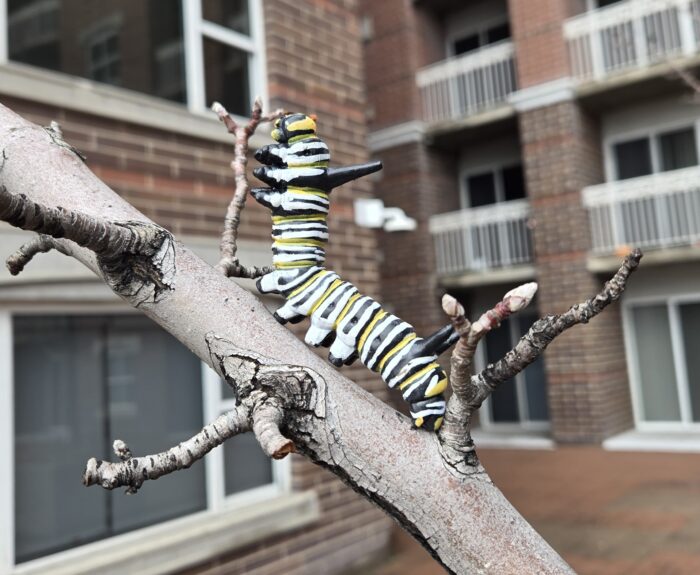In following the trends of Safari Ltd.’s Tennessee Aquarium Salamander, Monterey Bay Aquarium, and Marsh Education Fish collections, I am going to attempt to finish, or assist in finishing, Safari’s Hidden Kingdom Smithsonian Insects collection (the lubber grasshopper, black widow, and flea have already been reviewed). If I remember correctly, the figures were originally produced by Safari in the late 1990s alongside a traveling museum exhibit sponsored by the Smithsonian Institution that featured large animatronic insects.
All Danaus plexippus Reviews
Life Cycle of a Monarch Butterfly (Safariology by Safari Ltd.)
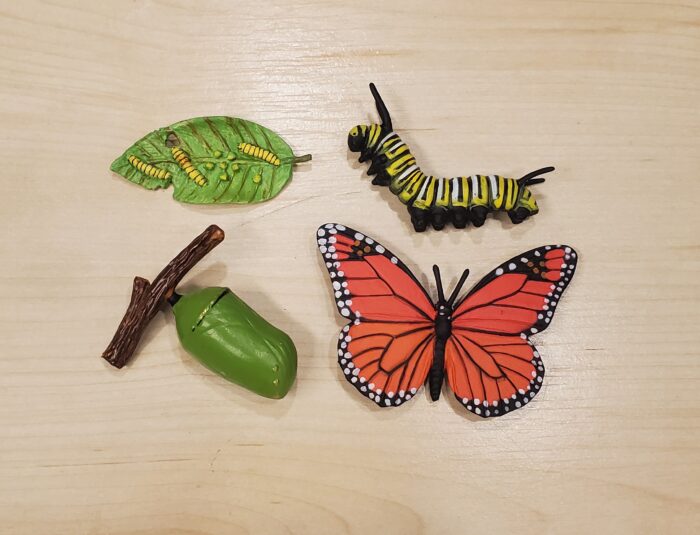
The monarch, Danaus plexippus, is probably the most commonly made species of butterfly. It’s been made by several major company, including CollectA, Safari Ltd (at least five times), Papo, and K&M International (at least twice), and is a common edition to insect and butterfly tubes, blister packs, and box sets ( couple examples on the Blog, here and here).
Butterflies (Junior Groovies by Innovative Kids)
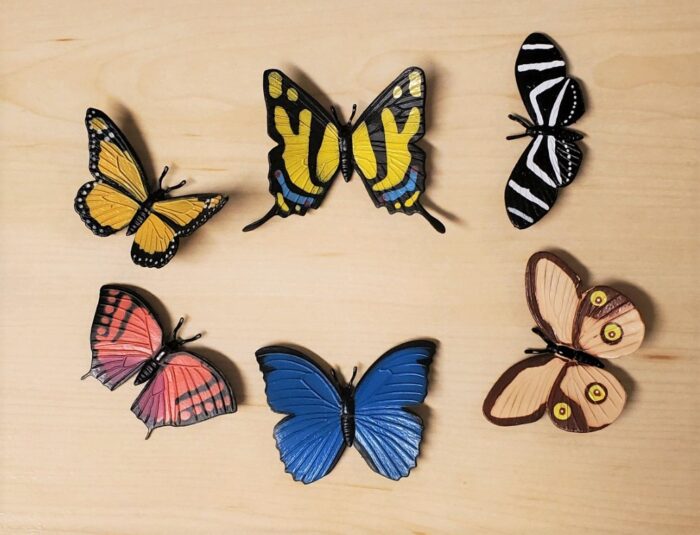
Today I will be reviewing a collection of butterflies by Innovative Kids. It is from their Junior Groovies collection, which is a lot like the familiar Groovy Tube Books collection, but for a younger audience (ages 3-6, or, in this case, 48-year-olds who collect toy insects). First of all, I should thank STS forum member Saarlooswolfhound for alerting me to this on Amazon.
Monarch (Wild Animals by Papo)
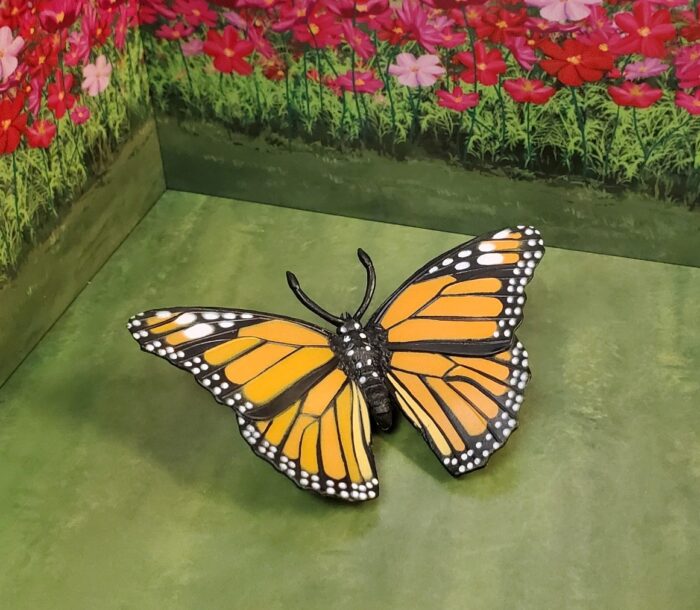
Today I will be continuing the reviews of Papo’s 2020 arthropods with the monarch butterfly, Danaus plexippus. This is one of 5 insects (6 arthropods total) produced by Papo in 2020. Interestingly, it is the only arthropod in their entire collection to-date that is not naturally European, given that Papo is a French company (more on that later).
Butterflies to Go (Club Earth)
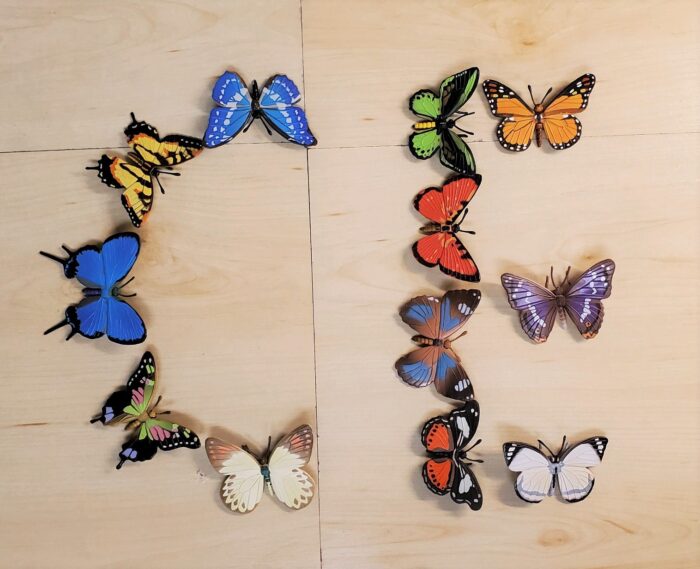
I recently completed a Holy Grail collection, so I thought to share it on the Blog. I am referring to the Butterflies to Go collection by Club Earth. I am not sure when it was released, but it was probably alongside the classic Play Visions collections in the late 1990s. The set consists of 12 species of butterflies.

